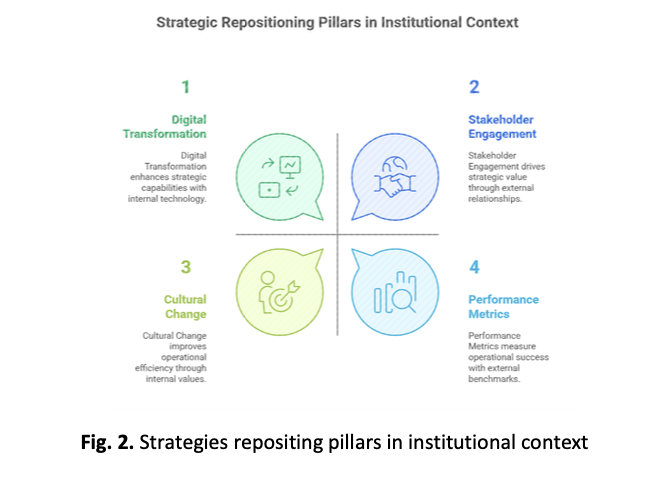From Maintenance to Strategy in Public Sector FM: Repositioning Facilities Management at Pulapol Kuching for Organisational Value
Keywords:
Facilities Management, strategic FM, public sector, performance measurement, PULAPOL Kuching, digital transformation, organisational value, MalaysiaAbstract
Facilities Management (FM) has evolved globally from an operational maintenance function to a strategic discipline crucial for organisational value, supporting core objectives like cost efficiency, asset performance, and user satisfaction. However, in many public sector institutions in developing nations like Malaysia, FM remains underdeveloped, reactive, and operationally focused. This is particularly critical in law enforcement training environments, where facility conditions directly impact training quality and national security outcomes. This study investigates this strategic gap through an in-depth qualitative case study of Pusat Latihan Polis (PULAPOL) Kuching, a key training academy under the Royal Malaysia Police (PDRM). Guided by an interpretivist philosophy, data was collected via semi-structured interviews with key stakeholders, detailed document analysis, and extensive site observations. The findings reveal a significant strategic misalignment, characterised by a pervasive perception of FM as merely a maintenance function, a complete absence of performance measurement frameworks, deeply fragmented roles and siloed responsibilities, and a heavy reliance on manual, inefficient systems. A critical and promising finding was the widespread readiness and willingness among stakeholders for a strategic transformation. In response, this study develops and proposes a comprehensive, context-specific Performance-Based Facilities Management Framework (PBFMF). The PBFMF is structured around three integrated pillars: (1) Strategic Repositioning and Governance, which advocates for a centralised FM unit and inclusion in strategic planning; (2) Performance and Data-Driven Management, introducing a structured KPI system and digital dashboards; and (3) Digital Transformation and Stakeholder Integration, focusing on the adoption of CMMS, IoT, and robust engagement mechanisms. This research makes a significant contribution by offering a validated, practical model to elevate FM from a background support function to a strategic partner, thereby enhancing training efficacy, operational resilience, and long-term organisational value for PULAPOL Kuching and similar public institutions.









